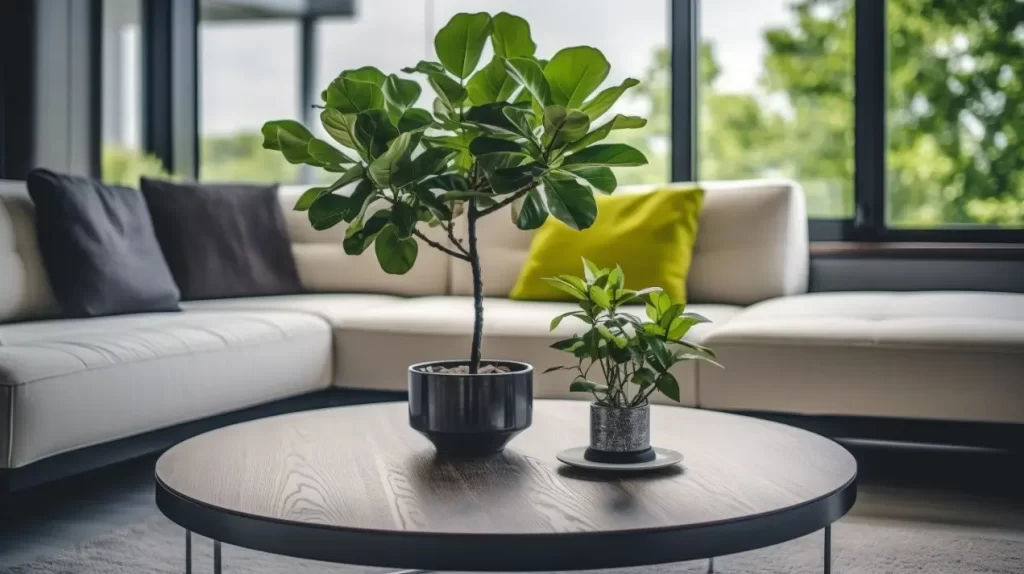
Sustainable Architecture Practices
In the contemporary era, with an increasing global focus on environmental sustainability, the discourse around sustainable architecture has evolved into a pivotal force guiding innovative and responsible building practices. At Khales, our dedication to weaving sustainability into every aspect of architectural design is unwavering, reflecting our commitment to not only meeting present needs but also fostering a legacy of environmental stewardship for future generations.
Passive Design Strategies represent the bedrock of our sustainable architectural ethos. These strategies transcend mere functionality to embrace a holistic approach that maximizes the utilization of natural resources such as sunlight and ventilation. By harmonizing form and function, we optimize thermal comfort and minimize reliance on energy-intensive mechanical systems. The result? Structures that seamlessly blend eco-consciousness with architectural excellence, setting new standards for sustainable design.
Central to our pursuit of sustainable architecture is the conscientious selection of Green Building Materials. From the inception of a project, we meticulously vet materials to ensure they align with our sustainability objectives. Recycled steel, reclaimed wood, and eco-friendly insulation are not just building components; they’re integral elements in our mission to minimize environmental impact. Through the procurement and utilization of these materials, we aim to catalyze a paradigm shift towards more sustainable construction practices industry-wide.
Energy-Efficient Systems serve as the engine driving our commitment to sustainability. Through the integration of cutting-edge technologies such as solar panels, geothermal heating, and intelligent energy management systems, we not only minimize energy consumption but also generate surplus energy to contribute back to the grid. By harnessing renewable energy sources and embracing energy-efficient practices, we not only reduce our carbon footprint but also actively participate in the transition towards a more sustainable energy landscape.
Water Conservation stands as a testament to our dedication to responsible resource management. By implementing innovative solutions such as rainwater harvesting systems and advanced water management strategies, we strive to minimize water consumption in our projects. Permeable surfaces, coupled with state-of-the-art irrigation systems, ensure that every drop counts, fostering a culture of water stewardship that extends beyond individual projects to shape a more sustainable future for all.
Biodiverse Landscaping embodies our commitment to creating environments that seamlessly integrate with the natural world. Through the incorporation of native plants, green roofs, and vertical gardens, we not only enhance the aesthetic appeal of our projects but also cultivate habitats that support biodiversity. Beyond aesthetics, biodiverse landscaping serves as a catalyst for ecological balance, promoting resilience in the face of environmental challenges and fostering a deeper connection between humanity and nature.
Waste Reduction and Recycling form the backbone of our sustainable construction practices. From project inception to completion, we adopt strategies that minimize waste generation and maximize resource efficiency. By repurposing materials, recycling debris, and embracing a circular approach to building practices, we not only minimize our environmental footprint but also contribute to the creation of a more sustainable construction industry ecosystem.
Life Cycle Assessments provide invaluable insights into the environmental impact of our projects. By evaluating each project’s life cycle from conception to demolition, we gain a comprehensive understanding of its environmental footprint. Armed with this knowledge, we can identify areas for improvement and refine our practices to further enhance sustainability, ensuring that every project we undertake leaves a positive and lasting legacy on the environment.
As we look towards the future, Khales invites you to join us on our journey towards sustainable architecture. Every project we undertake is not just a testament to our commitment to architectural excellence but also a declaration of our resolve to build a greener, more sustainable tomorrow for generations to come.
In addition to our sustainable architectural practices, Khales Project Management embraces Agile principles to facilitate adaptive planning and responsive project management. By breaking down projects into manageable iterations, we ensure that our plans can evolve in response to changing requirements and client feedback. Open communication channels and collaborative decision-making further enhance transparency and teamwork, fostering a culture of continuous improvement and innovation.
Agile Project Management also enables us to respond swiftly to changes in project scope or client feedback, ensuring that adjustments can be made without compromising timelines or quality. By employing iterative development cycles, we deliver incremental project updates regularly, providing clients with tangible progress and opportunities for feedback.
Efficient resource utilization is a key focus of Agile Project Management at Khales. By prioritizing tasks based on value and adjusting resource allocation as needed, we maximize efficiency and minimize wastage throughout the project lifecycle. Proactive risk management and early issue identification further contribute to project success, ensuring smooth execution and minimizing disruptions.
Our client-centric approach is deeply ingrained in Agile methodologies, with regular client involvement, feedback loops, and the ability to accommodate evolving client needs. By continuously monitoring and adapting our processes throughout the project lifecycle, we ensure that the end result aligns closely with the client’s vision while also meeting sustainability objectives.
In conclusion, sustainable architectural practices and Agile Project Management principles form the foundation of Khales’s approach to building a better future. Through thoughtful design, responsible material choices, and adaptive project management, we strive to create buildings that not only meet the needs of today but also contribute positively to the well-being of future generations. Join us as we pave the way towards a more sustainable and resilient built environment.
